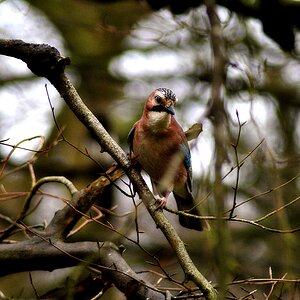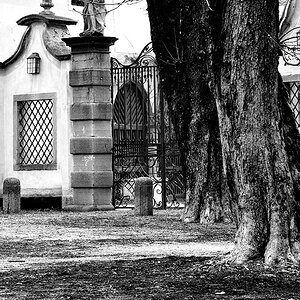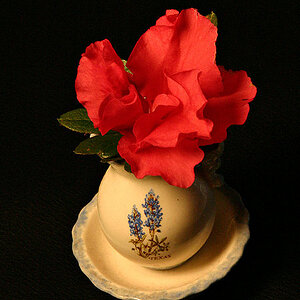klissarov ik
TPF Noob!
- Joined
- Mar 31, 2007
- Messages
- 226
- Reaction score
- 0
- Location
- Montreal, Canada
- Website
- www.myspace.com
- Can others edit my Photos
- Photos OK to edit
Also, if y'all could help me out on my kit it would be awesome. In other words, tell me what I should consider buying for landscapes photography.. any little object I might forgot that could make a difference. As far as I'm going, I'm considering on buying the following. What do you guys think I should add or remove maybe? Or is that enough.
Grolliapod
Tripod
UV Filter / Polarizer Filter / Split Filter
Lens (still don't know which one)
Camera bag (One that could be covered from the rain and such would be great)
Cleaning Kit
4GB Memory Card
Grolliapod
Tripod
UV Filter / Polarizer Filter / Split Filter
Lens (still don't know which one)
Camera bag (One that could be covered from the rain and such would be great)
Cleaning Kit
4GB Memory Card


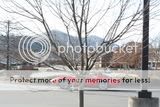
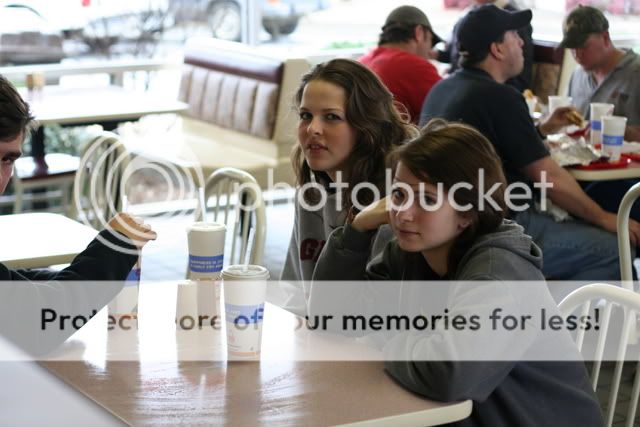
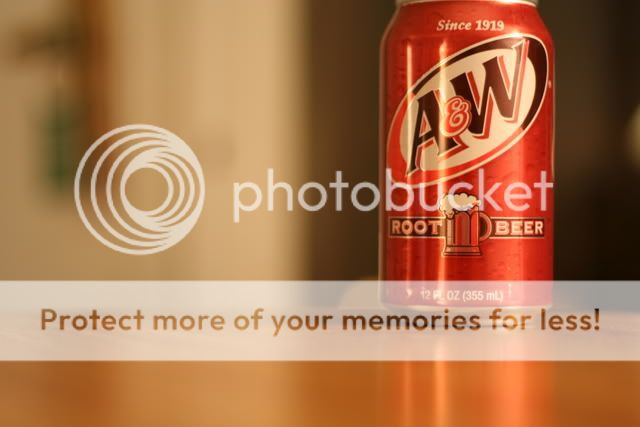

 )
)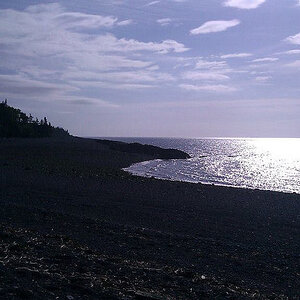
![[No title]](/data/xfmg/thumbnail/31/31042-2fcf80c8987688129be89876d12ba006.jpg?1619734584)
![[No title]](/data/xfmg/thumbnail/34/34125-d7028823900ffcf1cfce62bf748dea24.jpg?1619736295)
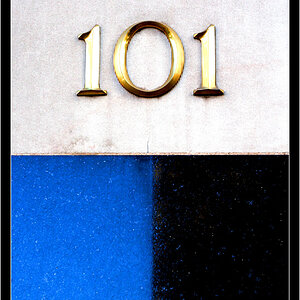
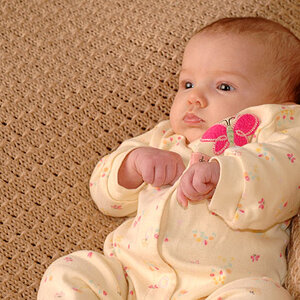
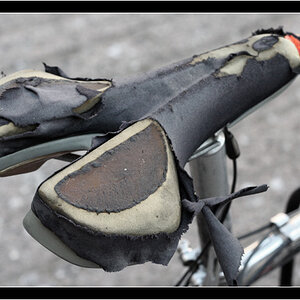
![[No title]](/data/xfmg/thumbnail/42/42060-f597479f8fd78d4bb4d17e7686fb0812.jpg?1619739996)
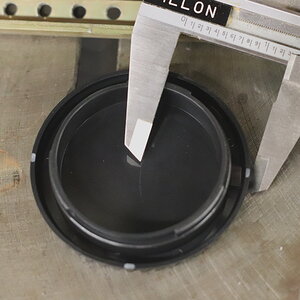
![[No title]](/data/xfmg/thumbnail/34/34124-fcd12598382b4477643ef3dde2d6751d.jpg?1619736294)
